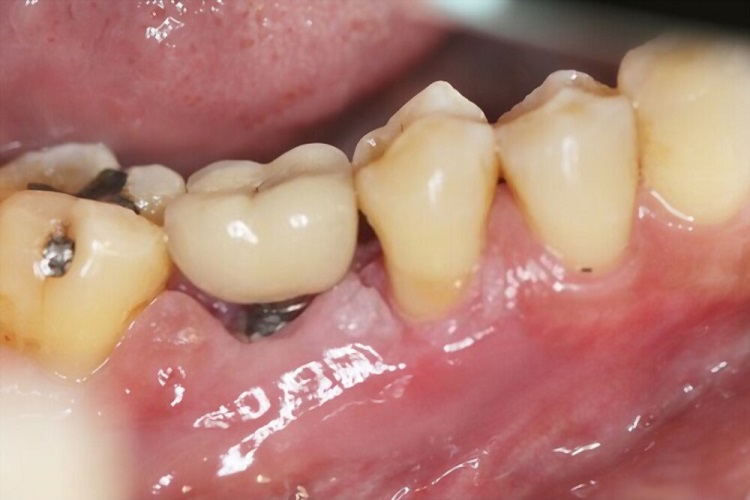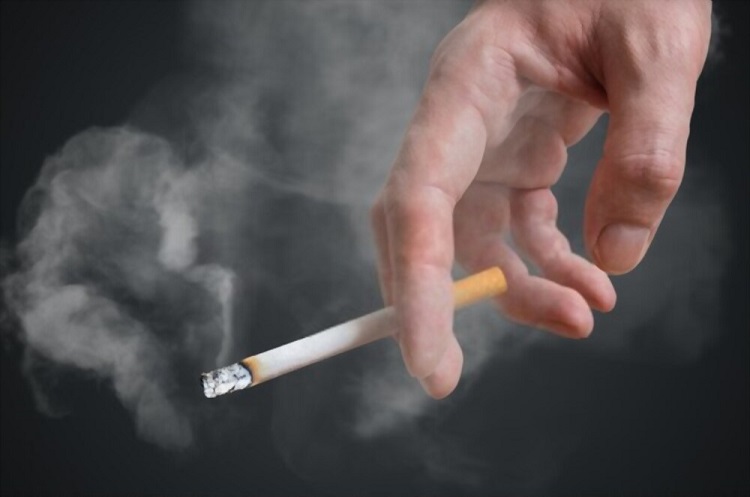Dental implant surgery experience: Can a dental implant be rejected?
There are a variety of reasons why dental implants can fail, such as how you take care of your teeth after the surgery as well as your gums’ health condition.
Dental implants bring many benefits that include restoring aesthetics, improving the strength of molars, and minimizing the risk of bone resorption. On the other hand, even though dental implant surgery has a high success rate, there are still some potential risks, such as the rejection of dental implants.
So what are the signs of this condition and how can this be prevented? Let's find out through the following article.
Signs of dental implant failure
Dental implants can also get rejected and show several symptoms such as:
Severe pain and discomfort
It is normal to feel slight pain after implant surgery since it is part of the recovery process. However, if the pain prolongs and becomes more severe for several days continuously, you should be concerned that the implant teeth may be rejected.
Gum inflammation
Inflammation of the gums after dental implants may be a sign of a dental implant failure also. You should visit the dentist to have your teeth checked and promptly treated before the situation gets worse.
Loosening of an implant
When the implant is placed in the correct position, it has nothing different from the real teeth in both shape and function. Conversely, if the new implant feels unnatural or even loose when touching it with your tongue, this could be a sign that your body is rejecting a dental implant.
Exposed implant

One of the most obvious and specific of a failed dental implant is that the root of the tooth clearly exposes, or the pillar even shows up. When you notice this, you need to see your dentist as soon as possible to prevent other complications that may arise.
Causes of rejection of a dental implant
The rejection of dental implants tends to occur due to:
Periodontal disease
Healthy gums are the priority criteria for success in dental implant surgery.
When you have periodontal disease, the gums become damaged, followed by the soft tissues and jawbone. If this condition is not treated completely, an infection can develop around the implant, which may lead to a rejection of that implant.
Smoking

Smoking can also affect the success rate of a dental implant since the chemicals in cigarettes or tobacco limit blood flow to the gums and slow the healing process.
Therefore, it is better to stop smoking one week before undergoing the surgery as well as not to smoke for at least two months after getting an implant.
Jawbone loss
The likelihood of a successful dental implant surgery also depends on whether your jaw bone is strong enough or not. If you have osteopenia or bone loss, you will need to undergo a bone grafting before you can have dental implant surgery.
Poor oral hygiene
Not practicing good oral hygiene can cause the implant to be rejected. In addition, you would not be a suitable candidate for dental implant surgery if your oral hygiene is poor.
Complications after dental implant placement
Complications of a failed dental implant include:
-
Fever
-
Bleeding
-
Allergic reaction
-
Insufficient bone support
-
Tooth’s root infection
-
A numb feeling in the tongue, mouth, gums, and lips
What to do when the dental implant is rejected?
Once it is determined that the implant has failed, the dentist will proceed to remove that implant and replace it with a new one.
Prevent the implant from being rejected
To prevent rejection of the implant, you may refer to the following ways:
-
Quit smoking
-
Avoid habits that may harm your teeth such as chewing ice cubes or hard candies
-
Practice good oral hygiene, use a water flosser or dental floss to clean the space between teeth
-
Increase calcium absorption to support bone strength. You may want to take calcium supplements or some certain foods such as milk, yogurt, broccoli, oranges, and cheese.
Finally, the simplest and most important way to prevent implants from being rejected is that right from the moment you decide to have a dental implant, choose a reputable dental clinic with skillful experts who are able to handle the problems in the most effective way.
Additionally, select a dental clinic that is equipped with modern equipment. This would also contribute to optimizing the success rate, which brings satisfactory results as desired.
 English
English  Tiếng Việt
Tiếng Việt
